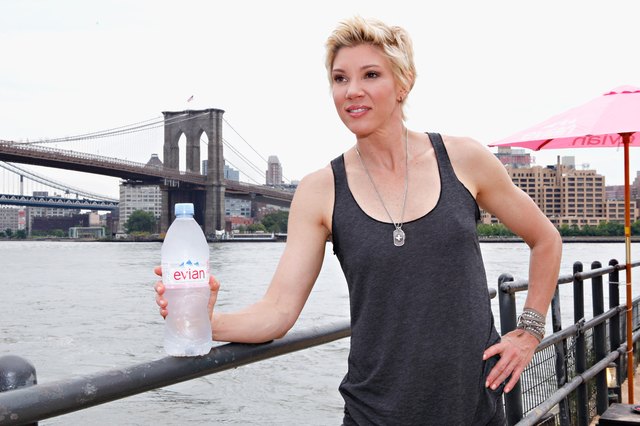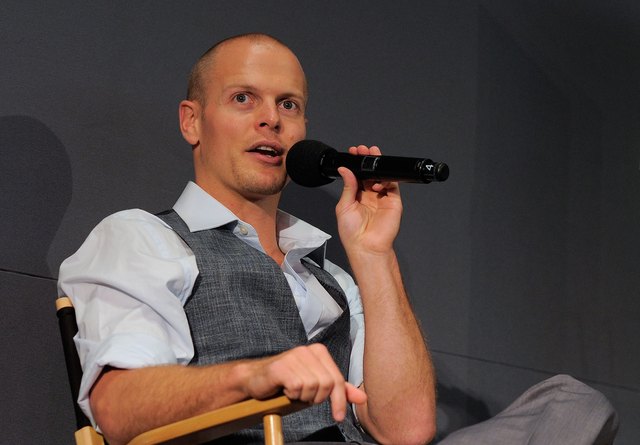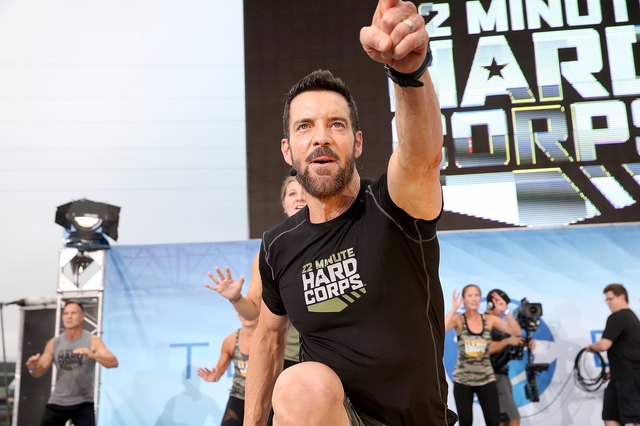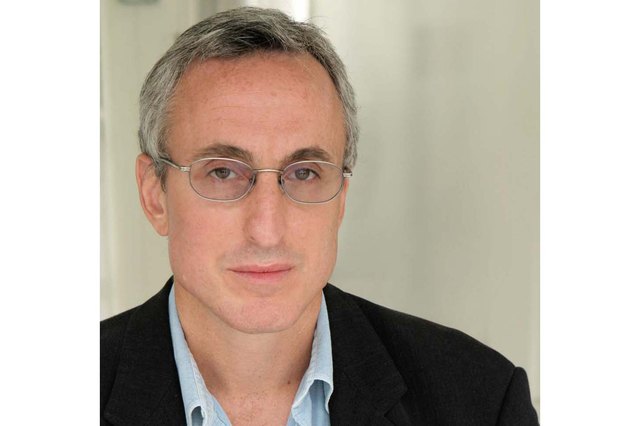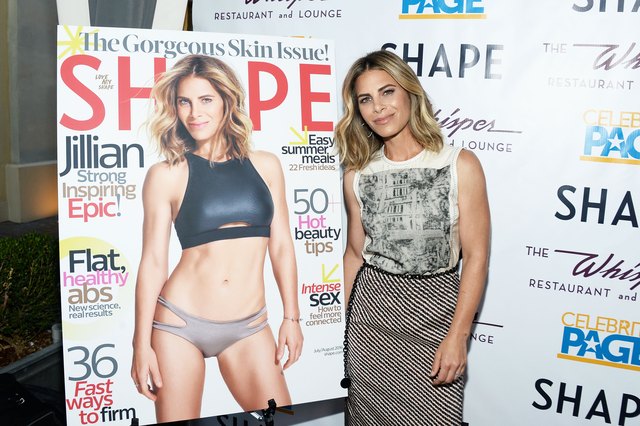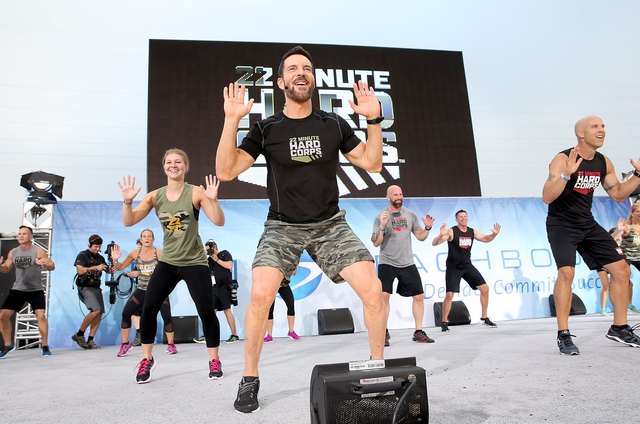15 most controversial health data
Advertisements
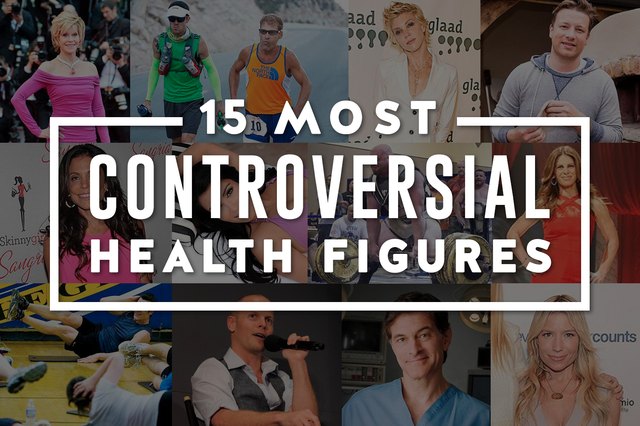
Advertisements
just because you are trying to help others become healthier doesn't mean everyone supports your approach. Health and fitness space is a crowded space, sometimes only those controversial voices (or controversial ways) can stand out. But controversy is not always a bad thing. Sometimes it helps to uncover an issue that really needs our attention (such as our diet, exercise methods or how much we think we know about both). Take these 15 well-known experts for example. They have created their own unique brands - and occasionally in the process they have brought friction to people in the wrong way.
Credit: livestrong.com can be said to be one of the first ladies in the fitness industry. In the 1980s, Fonda used fitness videos to popularize fitness, "Jane Fonda fitness" became the highest sales family video ever, with more than 1 million copies purchased. She also rebranded in 2010 to help older people be healthier. There's nothing wrong! But Fonda's controversial health moment came when she admitted that she started taking testosterone at the age of 70 to help boost her libido. Credit: Frederick m.brown/getty images entertainment / Getty Images Credit: Jeff spacey / Getty Images entertainment / Getty Images Credit: Facebook: @ Westside barbell credit card: Cindy old / Getty Images entertainment / Getty Images Credit: Ilya s.savenok/getty images entertainment / Getty Images Credit: Jemal counts / Getty Images entertainment / Getty Images Credit: Terry Wyatt / Getty Images entertainment / Getty Images Credit: Twitter: @ garytaubes Credit: Matt winkmeier / Getty Images entertainment / Getty Images Credit: Terry Wyatt / Getty Images entertainment / Getty Images Advertisements 15. You may not know the name of the professor at Kansas State University. But in 2010, he provided evidence to support the idea that when he created the Twinkie diet, calories were just one calorie. For 10 weeks, Haub only ate Twinkie, French fries, Oreo and other "unhealthy" foods. The result: he eats fewer than 1800 calories a day (totally junk food) and loses 27 pounds. This is definitely not a diet website that livestrong.com can support (although who doesn't like Oreo from time to time? But it's really an interesting topic to start talking about calories and their role in weight loss. Jane Fonda

13. As a reality star, Frankel appeared on three different reality shows. She used her star power to build the popular liquor brand skinny girl, which was sold in 2011, and then expanded to a variety of snacks, appliances and cooking books. However, despite claims that her product comes from a natural food source, it was removed from whole foods when it was found to contain sodium benzoate, a potentially carcinogenic preservative. Another view is that just because a product is low in calories (the main claim of her product), doesn't necessarily mean it's healthy. Frankel is also concerned about her rapid weight loss after pregnancy. Kim Kardashian is not a health expert, but the polarizing reality TV star has endorsed two fitness products. One is body building walking shoes, the other is weight-loss supplements, both of which have been criticized for false claims. All of this reminds me of the saying, "if it sounds too good, it may be true."
11. Louis Simmons was a pioneer in weightlifting. He was the first person to sit on the bench more than 500 pounds, and then to sit on the bench more than 600 pounds to break the record. He even squatted 920 pounds at the age of 50. His facility, the Western barbell, is the most famous power facility in the United States, but some people question his extreme measures and the damage they have caused to the human body. As evidence, don't look further than this person: he suffered a variety of injuries, including a spinal fracture and a bicep tear.
10. For some people, marathon is the most extreme form of exercise, which makes the body experience intense physical and mental work. It's a way of life for Dean Kanaz. Karnazes is a super marathon runner (technically, any race over 26.2 miles but usually close to 50 miles), who has run 50 marathons in 50 states in 50 days. He even wrote a book about the 50 day experience of 50 marathons: the secret to super endurance. But his extreme challenges have led many to question his health practices and the physical stress of running a super marathon. Jackie Warner won celebrity status for her gym appearance on Bravo TV show fitness, but she was criticized for making insulting comments about her clients who work out at her fitness center, including a fitness model and a former breast cancer survivor. As a result, the show lost advertising support and was cancelled, so Warner sold her gym. Warner struggled for the next few years. But over the next few years, Warner put her life back on track and wrote three books, including, that's why you feel sick and tired (and how it looks and feels amazing). Who doesn't like the story of comeback?
8. Tracy Anderson's client list reads like the cover of American weekly: Gwyneth Paltrow, Madonna and Jennifer Aniston are among the many enthusiastic followers. Anderson described her approach as "Empowering small muscle groups to help you gain long, thin muscles that make your body look sexy and feminine." Although her followers are strong, many fitness experts criticize her strength training methods, in part because she believes that women should only lift weights. In 2012, when she told Durrell, "many women use pregnancy as an excuse to let their bodies disappear, which is the worst thing." She later apologized, but the public was not happy. Few people pay more attention to children's obesity crisis than Jamie Oliver. In 2010, he launched "Jamie Oliver's food revolution" to try to change the way schools provide food for children. Although no one questioned his intention, it was not without controversy. While encouraging low-income families to cook healthier, he greatly underestimated the cost of his recommended food, rather than showing how to cook with more food within the budget. In addition, he was questioned about his skills on British shows, such as advising women not to have sex until their husbands learn to cook. Dr. Oz is also known as "American doctor" and Dr. Oprah's doctor. He is aDr. oz show, a heart surgeon. He is also the author of six bestsellers, including the you series. However, many questioned his authority because of the inaccuracy of what he said on the show and his advocacy of pharmaceutical companies related to his personal business risks. So in 2015, 10 leading doctors wrote to Columbia University urging the agency to disconnect from Dr oz. But he is still the director of the school's comprehensive surgical medicine center.
5. Tim Ferris, a bestselling author and entrepreneur, wrote the 4-hour body in 2010, and his book immediately became a bestseller. In this book, Ferris shares his personal experiments and his advice on building muscles, burning fat and increasing incredible strength. His incredible claims, such as losing 20 pounds without exercise in 30 days, have been questioned by many health professionals. However, like any radical new idea, no matter how effective, Ferris has his incredibly loyal followers who are committed to his methods.
4. Dr. Robert Atkins had Dr. Robert Atkins before the low carbohydrate diet became as popular as it is today. Dr. Atkins advocates removing all carbohydrates from the diet to put the body in a state of ketosis - increased fat, where the body uses fat as energy. Many people criticize this way of eating because of its extreme nature and its dependence on fatty foods such as meat and cheese. Some of his critics even point out that Dr. Atkins's cardiac arrest in 2002 proved that this diet is unhealthy and even dangerous. In 2005, his company, Atkins nutrition, filed for bankruptcy. Tony Horton has created a multi million volume training and diet DVD series p90x, which has completely changed the world of family fitness. Houghton, a former actor, is best known for creating a fanatical following for his fitness program, which has helped many men and women change their bodies. The problem is not the result, but the pseudoscience used to explain the effect - especially "muscle confusion." The idea is that individuals need to constantly change their exercise and exercise procedures to keep seeing the results. Although this sentence has a point of truth, most fitness experts think it is a clever marketing plan, rather than a reasonable fitness proposal.
2. Gary Taubes, considered a modern food reformer, has played a crucial role in questioning some of the most common eating habits. In 2002, he wrote an article criticizing low-fat ways to lose weight. In 2007, his book "good calories, bad calories" challenged the long held view that all calories are equal. Taubes believes that obesity is not caused by the calories you eat, but by the quality. Carbohydrates, especially refined white bread and pasta, raise insulin levels and boost fat storage. Refined carbohydrates are the cause of most health problems.
1. As one of the most famous personal coaches in the world, Gillian Michaels's fame is directly related to her appearance in the hit TV show "the biggest loser". Although the show's contestants lost hundreds of pounds, many health experts question Michaels' Sports choices, her background as a coach, and whether her tactics are sustainable and healthy in the long run. In addition, several class action lawsuits have been filed against Michaels for ingredients and claims in her weight loss products.
What do you think? Which of these health numbers do you think is the most controversial? Are you a fan of Gillian Michaels, Dr. Oz, Tony Horton or Gary taubs? Who are you surprised to see on the list? What else would you like to add? Leave a comment below to let us know what you think.





